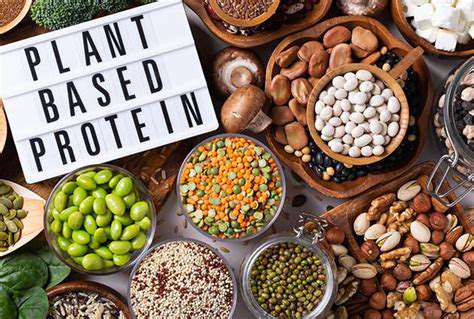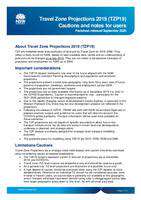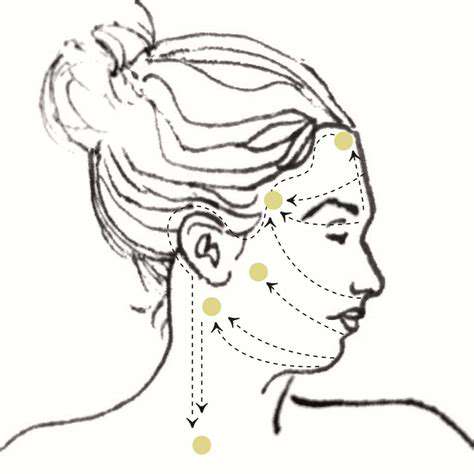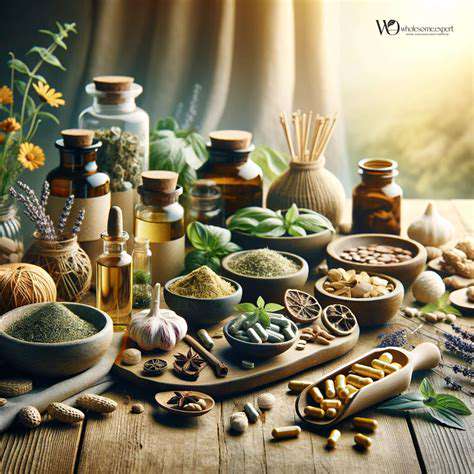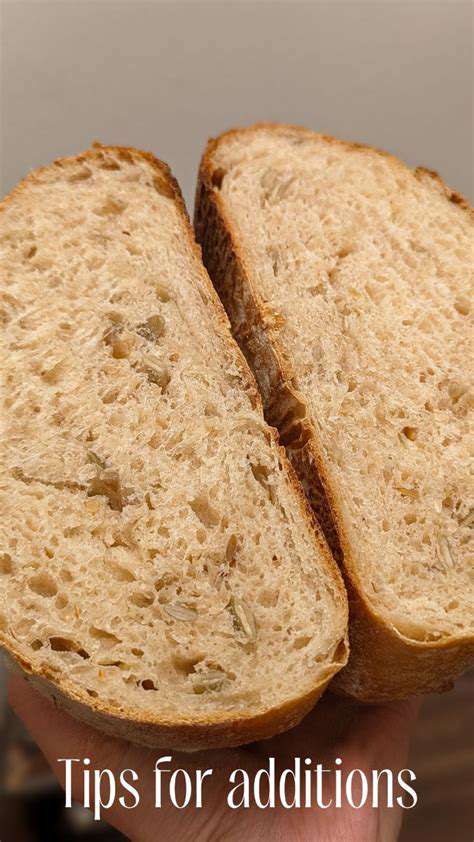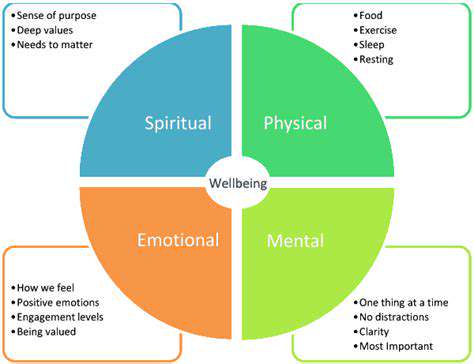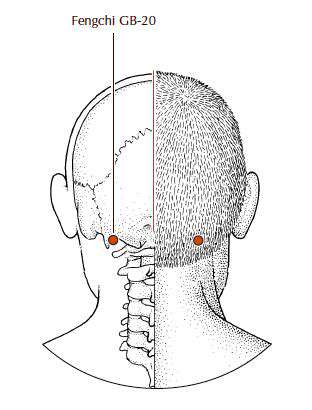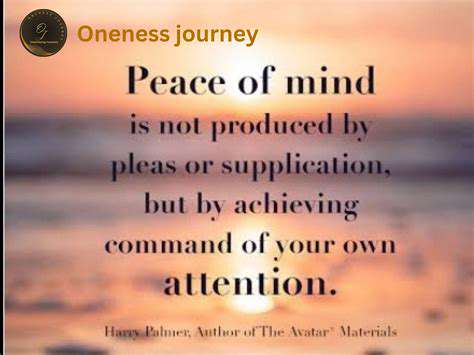Traditional Chinese Medicine for Menstrual Pain
Acupuncture: A Key TCM Tool for Pain Relief
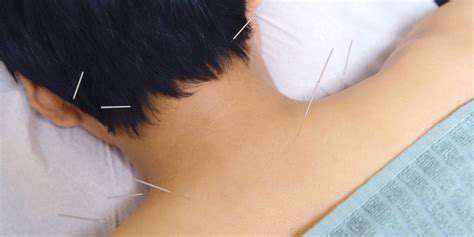
Acupuncture's Role in Traditional Chinese Medicine
Acupuncture, a cornerstone of Traditional Chinese Medicine (TCM), is a practice that involves inserting thin needles into specific points on the body. These points, believed to be connected by energy pathways called meridians, are thought to regulate the flow of qi (vital energy) and restore balance within the body. This holistic approach aims to address not just symptoms but also the underlying cause of imbalances.
TCM considers the body as a complex interconnected system, and acupuncture seeks to harmonize this system. By stimulating specific points, practitioners believe they can influence various bodily functions, including circulation, nerve pathways, and the immune system. This approach is distinct from Western medicine, which often focuses on treating symptoms directly.
The Science Behind Acupuncture
While the precise mechanisms behind acupuncture's effectiveness remain a subject of ongoing research, several hypotheses exist. Studies have explored potential effects on pain perception, neurochemicals, and the nervous system. Some research suggests that acupuncture may influence the release of endorphins, natural pain-relieving chemicals in the body.
Further research is needed to fully understand the complex interplay of physiological responses to acupuncture. The potential benefits extend beyond pain relief, with studies exploring its role in managing various conditions, from anxiety to digestive issues.
Acupuncture Points and Meridian Systems
Acupuncture points are believed to be located along specific meridians, which are pathways throughout the body. These meridians are not visible anatomically but are considered crucial for the flow of qi, the vital energy. Understanding the locations and functions of various points is essential for a qualified practitioner to effectively target the underlying imbalances.
Different points are associated with different organs and functions. The selection of points depends on the specific condition being treated and the individual patient's constitution. The practitioner assesses the individual's overall health and symptoms to determine the most appropriate treatment strategy.
Acupuncture Techniques and Procedures
Acupuncture procedures involve the insertion of thin, sterile needles into specific points. The depth and duration of needle insertion vary depending on the treatment and individual response. Different techniques are used, such as manual manipulation, electrical stimulation, or heat therapy.
Before any procedure, a comprehensive consultation is crucial. This allows the practitioner to understand the patient's medical history, current health status, and desired outcomes. The practitioner also explains the procedure, its potential benefits, and any associated risks.
Acupuncture and Complementary Therapies
Acupuncture is often integrated with other complementary therapies within a holistic approach to health and well-being. These therapies may include herbal remedies, dietary recommendations, and lifestyle adjustments. This integrative approach aims to address the root causes of health concerns and promote overall well-being.
The combination of acupuncture with other therapies can create a powerful synergy, potentially enhancing the effectiveness of treatment and promoting a more comprehensive approach to health management. This integrative approach is increasingly recognized for its potential to address the complexity of human health.
Lifestyle Adjustments for Optimal Menstrual Health
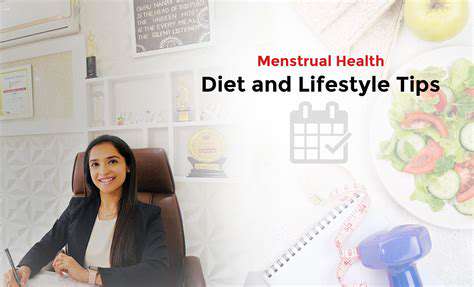
Prioritizing Sleep
Adequate sleep is crucial for overall well-being and plays a vital role in maintaining a healthy lifestyle. A consistent sleep schedule, even on weekends, helps regulate your body's natural sleep-wake cycle, promoting better quality sleep. Creating a relaxing bedtime routine, such as taking a warm bath or reading a book, can signal to your body that it's time to wind down and prepare for sleep. Avoiding caffeine and alcohol close to bedtime can significantly improve the quality of your sleep.
Consistent sleep patterns are essential for managing stress and improving mood. A lack of sleep can negatively impact cognitive function, making it harder to concentrate and perform daily tasks effectively. By prioritizing sleep, you're setting the stage for better physical and mental health.
Nourishing Your Body
A balanced and nutritious diet is fundamental to a healthy lifestyle. Incorporating a variety of fruits, vegetables, lean proteins, and whole grains into your daily meals provides your body with essential nutrients and supports optimal function. Limit processed foods, sugary drinks, and excessive amounts of saturated and unhealthy fats to maintain a healthy weight and prevent chronic diseases. Paying attention to portion sizes is also a vital component of a healthy diet.
Focus on consuming foods that are rich in vitamins, minerals, and antioxidants. These nutrients play a crucial role in supporting your immune system, boosting energy levels, and promoting overall well-being. Choosing whole, unprocessed foods over processed options is a significant step towards improving your diet.
Managing Stress Effectively
Stress is an inevitable part of life, but chronic stress can negatively impact your physical and mental health. Identifying your stressors and developing healthy coping mechanisms is crucial for managing stress effectively. Regular exercise, mindfulness practices, and spending time in nature can help reduce stress levels and promote relaxation. Seeking support from friends, family, or a therapist can also be beneficial when facing overwhelming stress.
Practicing relaxation techniques, such as deep breathing exercises or meditation, can help calm your mind and body, reducing the physiological effects of stress. Prioritize activities that bring you joy and relaxation, such as spending time with loved ones, pursuing hobbies, or engaging in creative endeavors.
Embracing Physical Activity
Regular physical activity is essential for maintaining a healthy weight, reducing the risk of chronic diseases, and improving overall well-being. Finding activities you enjoy, such as dancing, swimming, hiking, or playing sports, can make exercise more sustainable. Aim for at least 150 minutes of moderate-intensity aerobic activity or 75 minutes of vigorous-intensity aerobic activity per week, along with muscle-strengthening activities on two or more days a week. Incorporating movement into your daily routine, such as taking the stairs instead of the elevator or walking during your lunch break, can also contribute to a more active lifestyle.
Prioritizing Hydration
Staying hydrated is crucial for numerous bodily functions, including regulating temperature, transporting nutrients, and eliminating waste. Water is essential for optimal cognitive function and physical performance. Carry a reusable water bottle and aim to drink water throughout the day, especially before, during, and after physical activity. Limit sugary drinks and opt for water as your primary beverage choice.
Pay attention to your body's thirst cues, and drink water when you feel thirsty. Dehydration can lead to fatigue, headaches, and decreased performance, so maintaining adequate hydration is a cornerstone of a healthy lifestyle.
Cultivating Mindfulness
Mindfulness involves paying attention to the present moment without judgment. Practicing mindfulness can improve self-awareness, reduce stress, and enhance emotional regulation. Mindfulness techniques, such as meditation or deep breathing exercises, can help quiet the mind and reduce anxiety. Taking time to appreciate the small moments in your day and focusing on your senses can cultivate a greater sense of peace and well-being. By practicing mindfulness, you can develop greater self-awareness and a stronger connection to the present moment.

